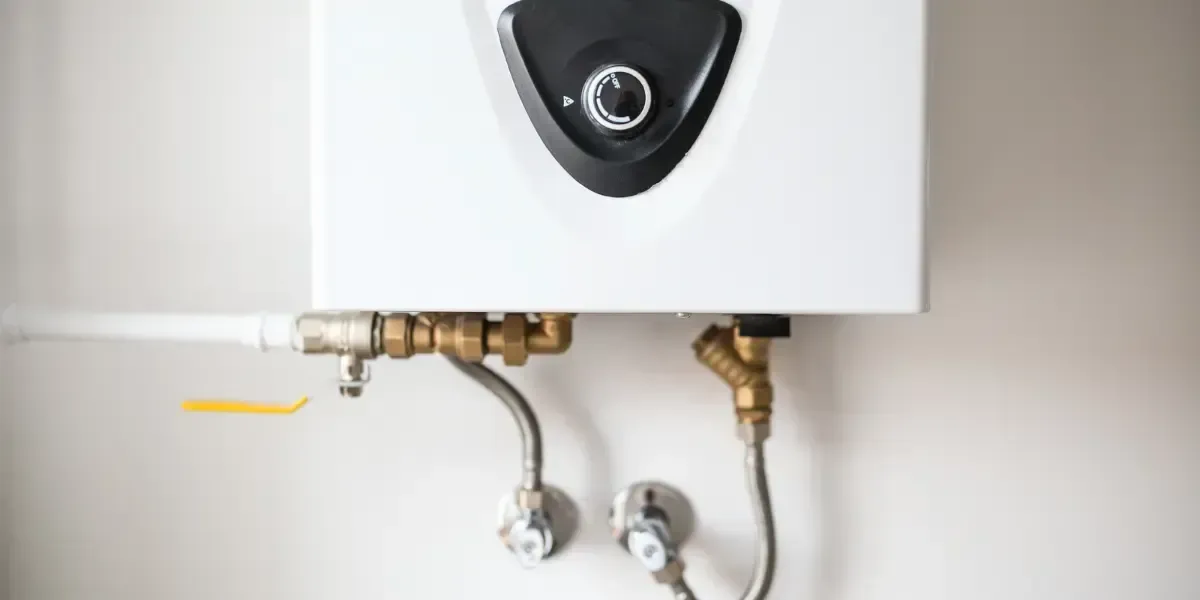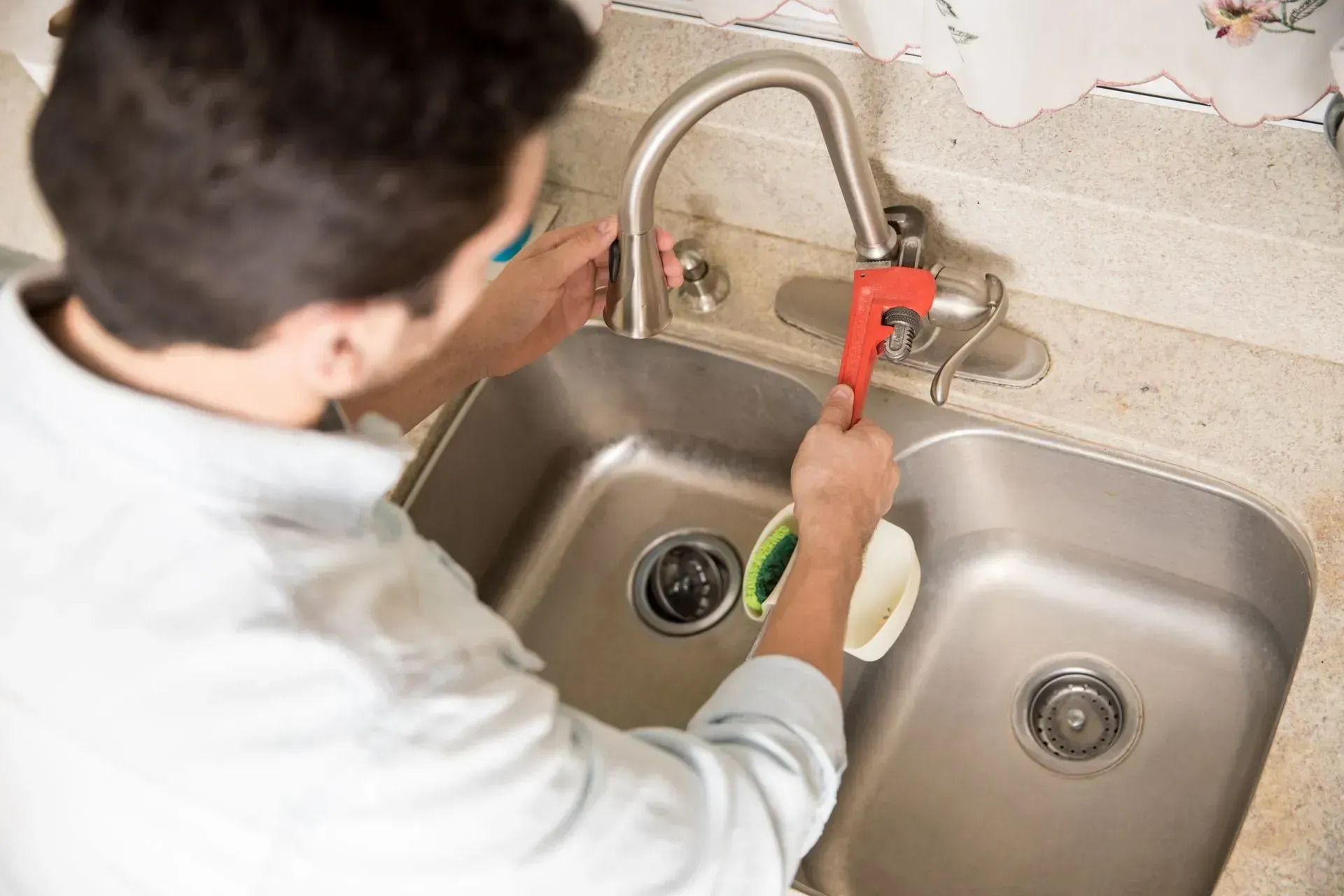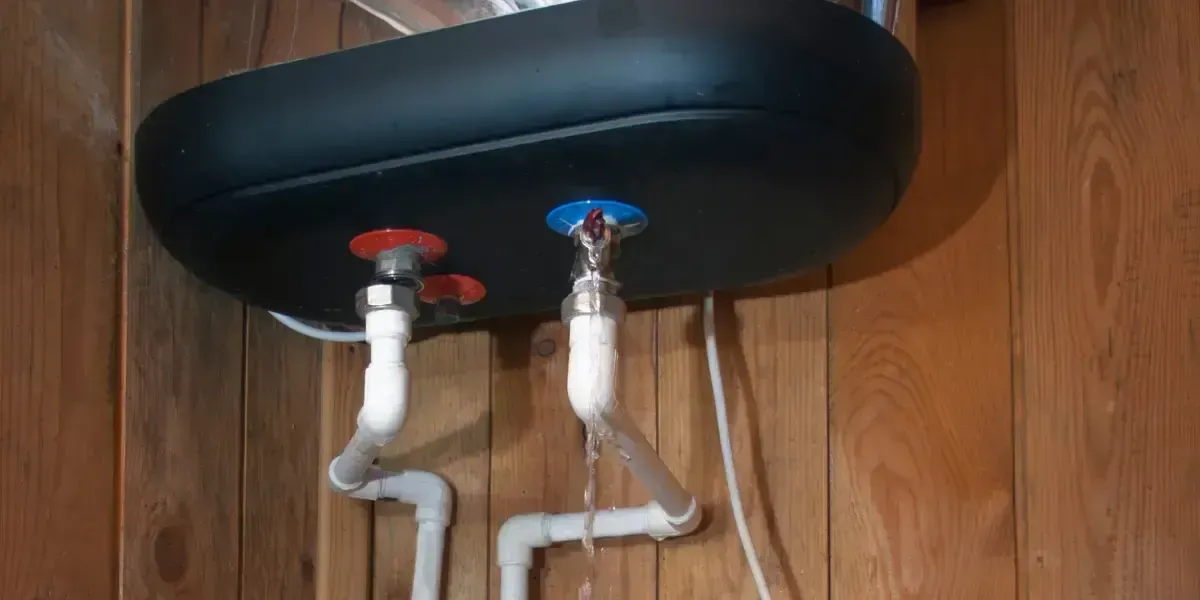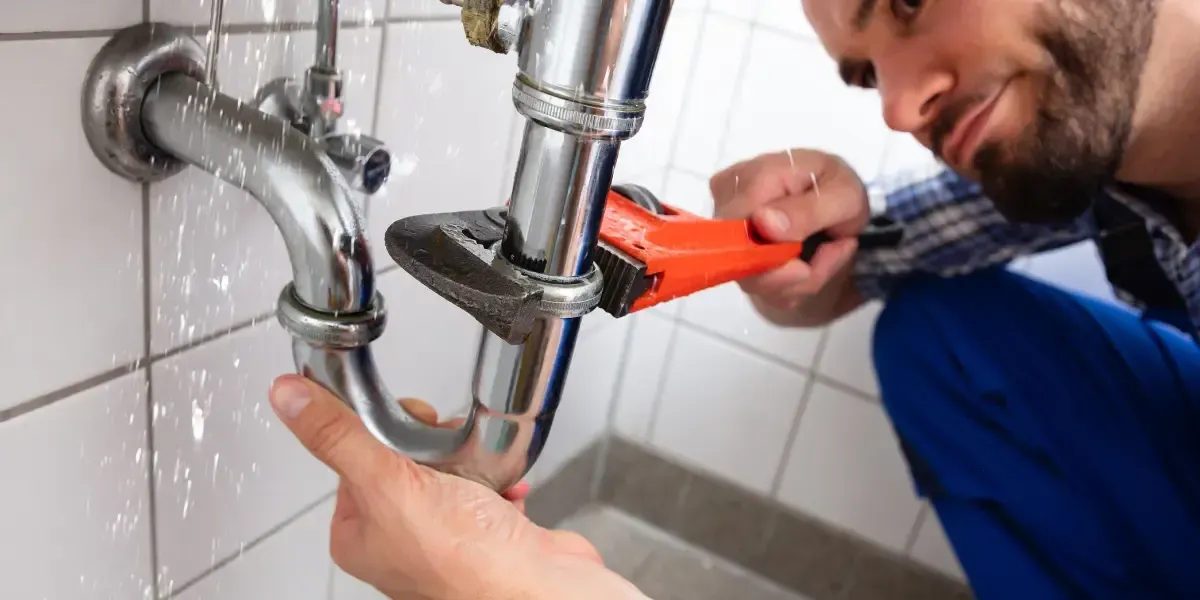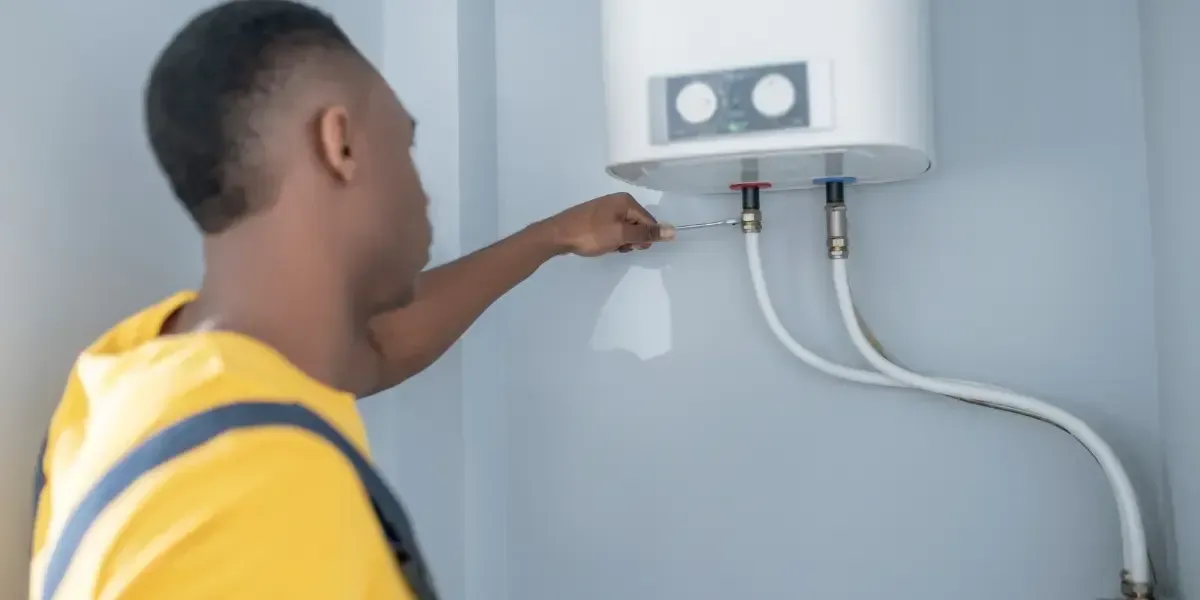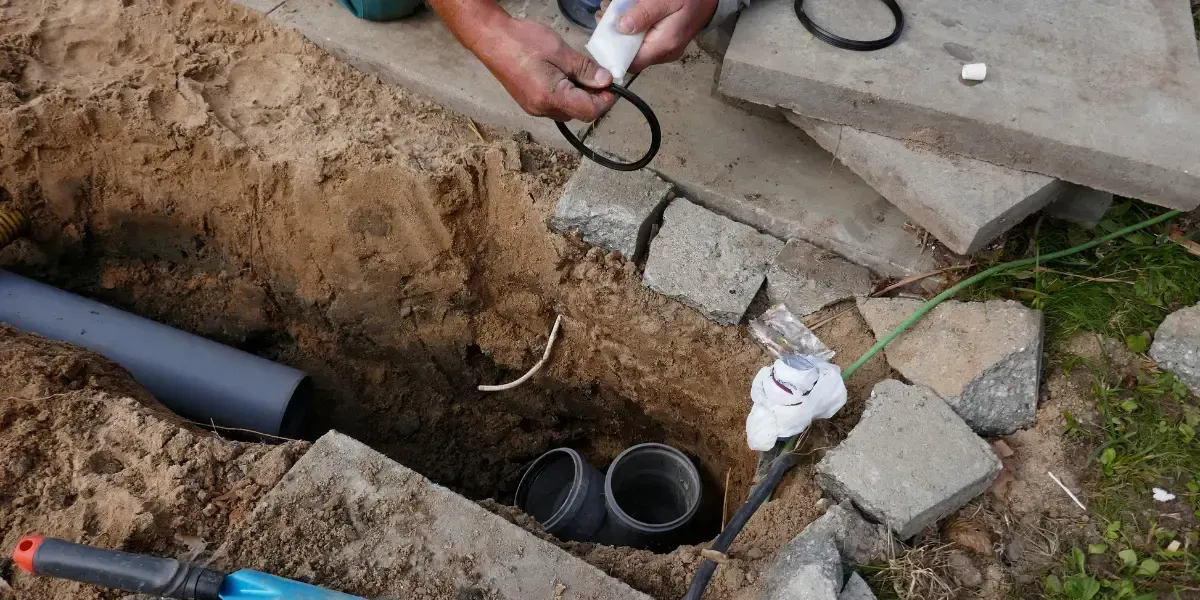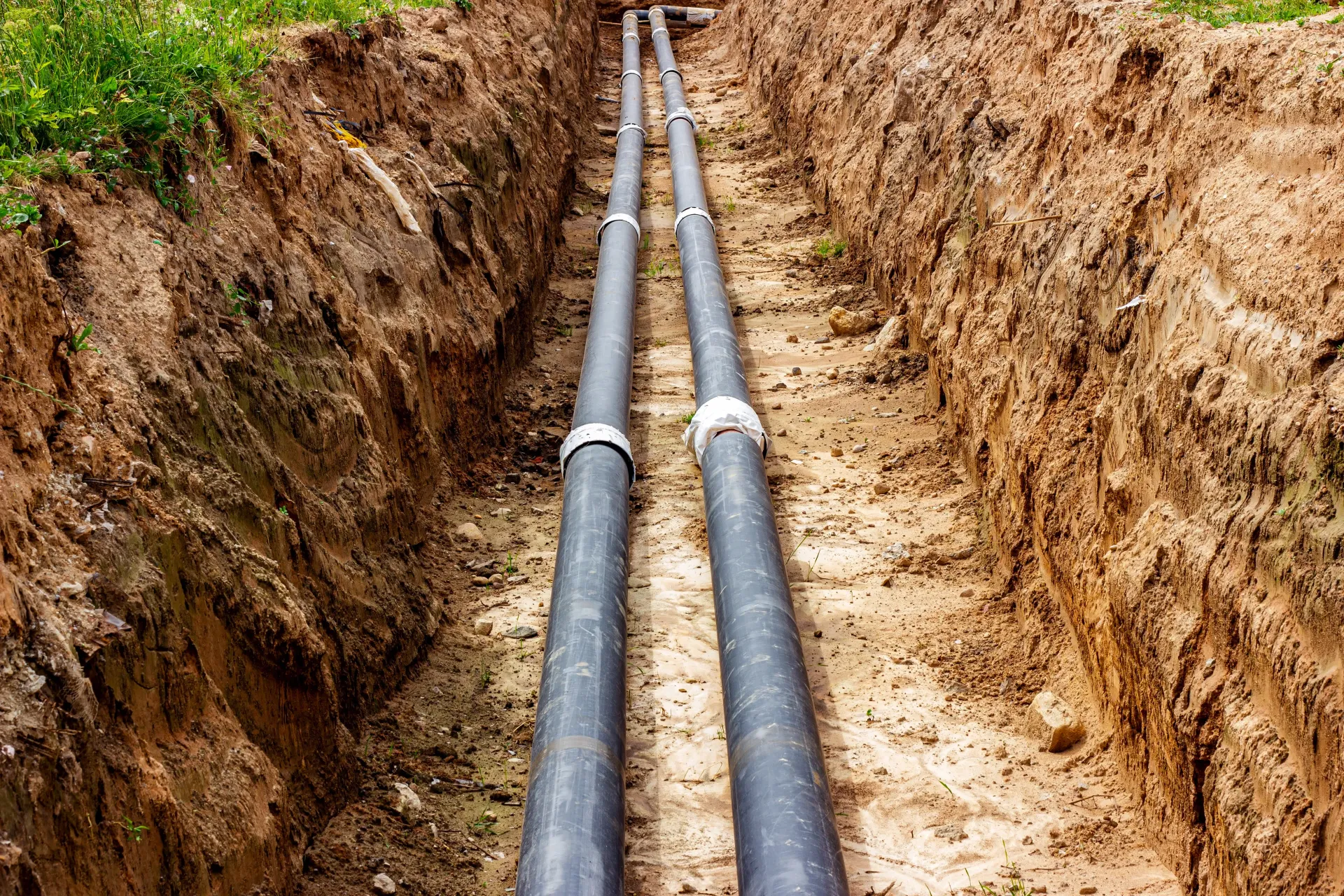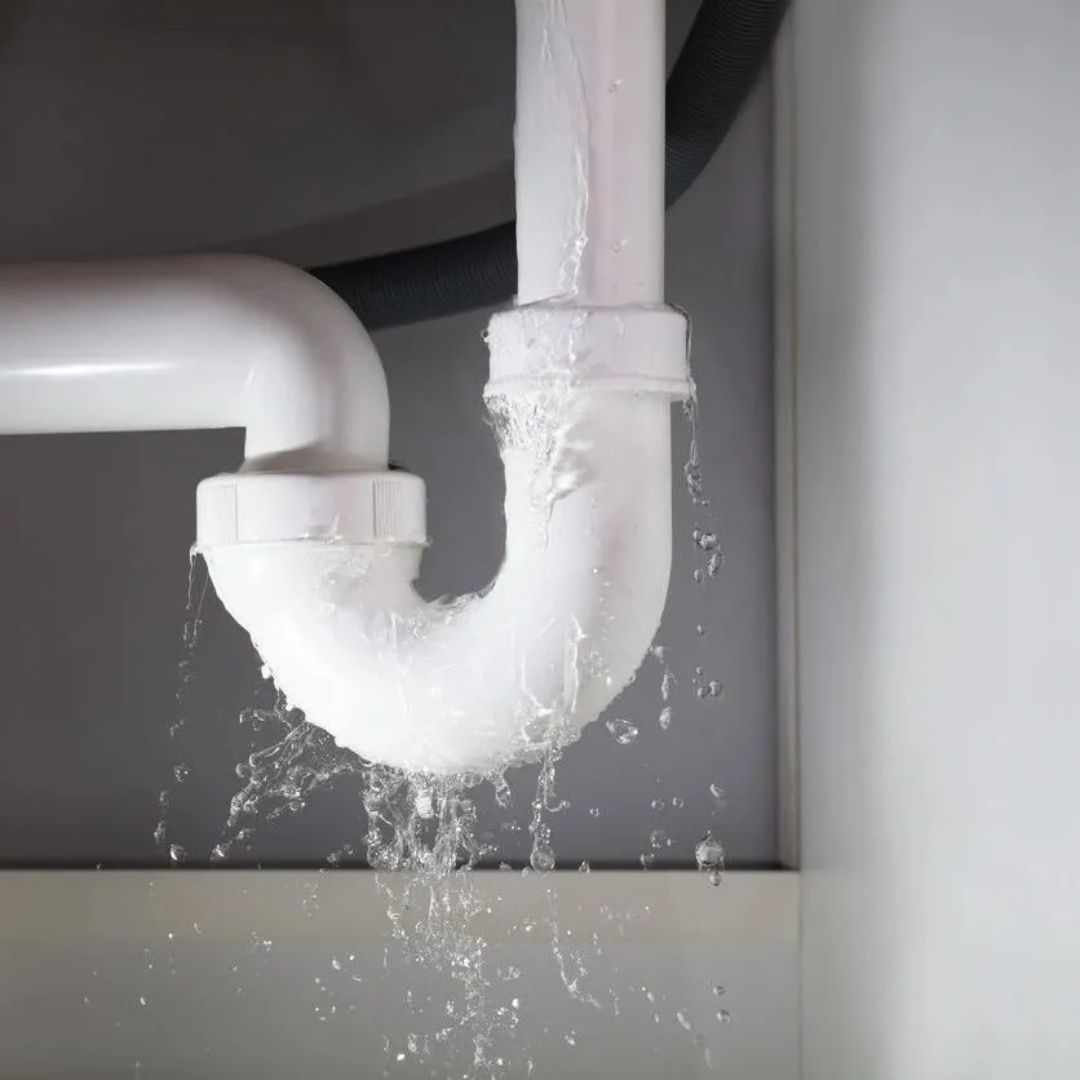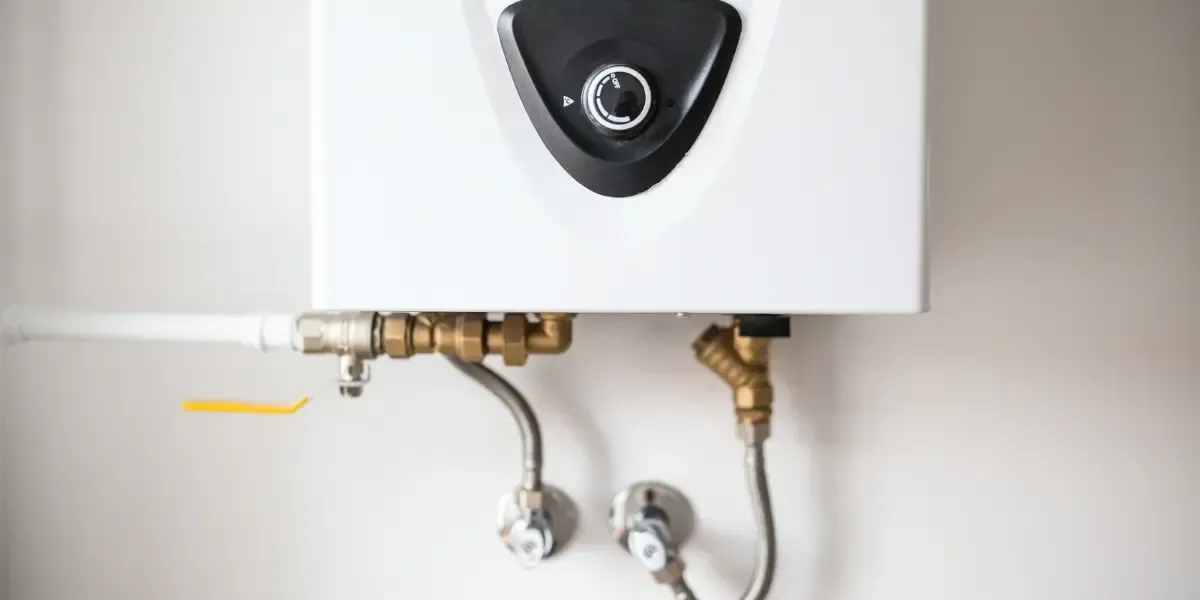How Long Does a Water Heater Last? A Comprehensive Guide
If you have ever been surprised by a cold shower, you may have thought, "How long does a water heater last?" Knowing when to change your water heater can help you avoid surprise failures, expensive repairs, or water damage. In this guide, we will talk about
how long a water heater lasts, the important factors that affect how long it works, and when you should replace your unit.
Key Takeaways
- Traditional tank water heaters generally last 8–12 years, while tankless models can last over 20 years.
- Regular maintenance—such as flushing the tank and replacing the anode rod—significantly extends the lifespan of water heaters.
- Inconsistent temperatures, unusual noises, rusty water, and leaks are signs that a water heater may need replacement.
- Hard water, high usage, and cold installation locations can shorten a water heater's life.
- Tankless water heaters provide longer lifespans and energy savings, making them a worthwhile investment for many homes.
Understanding Average Water Heater Lifespans
Traditional Tank Water Heaters
Traditional water heaters with tanks usually last between 8 and 12 years. The inside of the tank, which holds and heats the water, slowly weakens because of mineral buildup. This can cause rust over time. How long they last can change based on water quality, how often they are used, and how well they are taken care of.
Tankless (On-Demand) Water Heaters
Tankless water heaters can last about 20 years or more. They do not keep hot water like tank models do. Instead, they heat water only when you need it. This reduces the chance of sediment buildup. With good care, tankless systems can last longer than most tank heaters. This makes them a good option for long-term use.
Factors Affecting Water Heater Lifespan
Water Quality
Hard water has a lot of minerals. This can cause buildup that damages the inside of the tank. If you live where hard water is common, using a water softener can help your water heater last longer. It does this by stopping too many minerals from collecting.
Frequency of Use
A high need for hot water stresses water heaters. This can make them wear out quicker. Homes that use hot water a lot may find their heater does not last as long as places that use it less.
Maintenance
Regular maintenance is very important to help your water heater last longer. Flushing the tank often to get rid of sediment, checking the anode rod, and ensuring that the temperature and pressure relief valve work right can really help.
Installation Location
A water heater in a cold spot has to work harder to heat the water coming in, Which can shorten its life. Putting a water heater in a warm place can help ease this strain.
Maintenance Tips to Extend Water Heater Lifespan
Flush the Tank Every Year
For tank-style water heaters, flushing the tank yearly removes dirt that can harm the heater’s lining. This easy step can stop rust inside and help the heater work better.
Change the Anode Rod
The anode rod is a special rod that pulls harmful minerals, keeping them away from the tank’s lining. Changing the anode rod every 3 to 5 years can help your water heater last much longer.
Turn Down the Temperature
Most water heaters are set to 140°F, but turning them down to 120°F can lessen the unit's stress, save energy, and increase the heater’s lifespan.
Check the Pressure Relief Valve
This valve prevents pressure from building up, which could damage the tank or cause a problem. Test it often to ensure it works, as a broken valve can shorten the life of your heater.
Signs It’s Time to Replace Your Water Heater
Noticing early signs of trouble can help you avoid sudden problems like breakdowns or water leaks. Here are some signs that show it may be time to get a new water heater:
- Inconsistent Water Temperature: If the water temperature changes often or gives you lukewarm water, this could mean there is a buildup or a failing heating part.
- Strange Noises: Popping or rumbling sounds might come from buildup, which can harm the tank if not fixed.
- Rusty or Discolored Water: Brown water could mean rust inside the tank, showing that the tank’s lining may be breaking down.
- Visible Leaks: A leaking tank is a clear sign that it’s time for a new one, as rust can create cracks in the tank.
- Age: If your water heater is more than 10 years old and shows any of these signs, it may be time for a change.
Types of Water Heaters and Their Expected Lifespan
- Conventional Tank Water Heaters: They last about 8 to 12 years.
- Tankless Water Heaters: They can last 20 years or longer.
- Heat Pump Water Heaters: They usually last around 10 to 15 years, but it may change based on the weather.
- Water Heaters: They can last 15 to 20 years or longer if taken care of well.
- Condensing Water Heaters: They last around 10 to 15 years and are best for homes that use natural gas.
How Mike's Plumbing & Rooter Service Can Help You
At Mike's Plumbing & Rooter Service, we understand how important it is to have a good water heater. A failure can happen at any time, so it's crucial to have help when you need it. With over ten years of experience, we offer services for water heater care, fixing, and replacing systems. We stick to fair prices and keep our communication clear. You will always know what the service will cost and what it involves before we get started.
We focus on quick and good water heater installations. We use top methods and strong parts to ensure they last long. Our team is well trained to work with all types of water heaters—like tank-style, tankless, or solar. We adjust our methods to fit your home's needs. With Mike's Plumbing & Rooter Service, you can feel secure knowing you are working with a team that cares about the quality and safety of your home.
Conclusion
Knowing how long your water heater lasts and spotting signs of trouble can help you avoid bad breakdowns, cold showers, or even water damage at home. Keeping up with regular care, like flushing it each year and changing the anode rod, can really help. It can make your heater last longer and work better.
At Mike's Plumbing & Rooter Service, we are here to help you with all your water heater needs. This includes maintenance and full replacements. Our promise of honesty and quality makes us different. We are proud to provide trustworthy, professional support for homeowners in the area.
Don’t wait until it’s too late. Call Mike's Plumbing & Rooter today at (707) 953-2371. You can schedule an inspection or help. Our team is here to give you the support you need. We want to make sure your water heater works well.
Frequently Asked Questions
How often should I replace my water heater?
Most traditional tank water heaters last about 8 to 12 years. On the other hand, tankless models can last up to 20 years or longer. If your unit is approaching these ages, shows signs of wear, or needs frequent repairs, it might be time to replace it.
What can I do to extend the life of my water heater?
Routine care can help your water heater last longer. This means draining the tank once a year to reduce buildup. You should also check the rod every 3 to 5 years. Set the temperature to 120°F to ease the system’s workload. Regular care can stop rust and keep it working well.
What are common signs that my water heater is failing?
Common signs are water temperatures that change frequently, odd noises like rumbling or popping, rusty or dirty water, and leaks near the tank. If you see any of these, especially in older heaters, it’s a good idea to consider getting a new one.
Is it better to repair or replace my water heater?
If your water heater is still new and the problem is small, fixing it may be enough. But if it’s more than 10 years old or has big issues, like leaks or regular failures, getting a new one may be a better choice for saving money in the future.
Are tankless water heaters worth the investment?
Tankless water heaters cost more to buy, but they can last more than 20 years. They heat water only when you need it, which helps save energy. They are a good choice for saving energy over time and providing a steady hot water supply. This is especially important in homes that use a lot of hot water.

